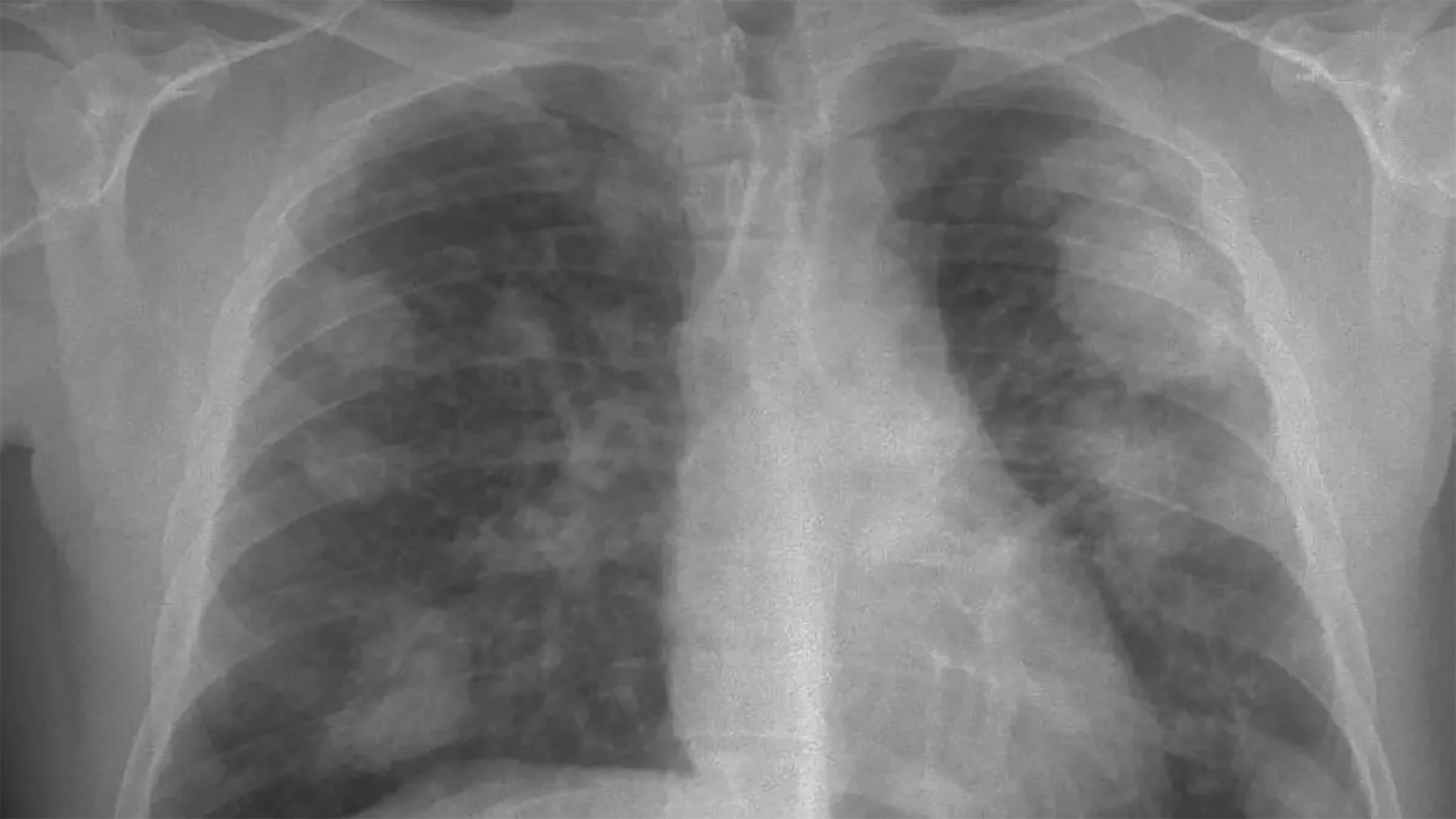
- Cases of lung cancer and diseases caused by silica dust have not stopped in recent years. They have jumped alarms in Australia, England or the Spanish State, and they have begun to take steps to ban the manufacture of quartz kitchen tables with crystal silica.

The increase in cases of silicosis has generated concern among trade unions, experts and health officials working in the field of work. In the case of the Spanish State, according to data provided by the Register of Occupational Diseases of Social Security (CEPROSS), in the last two decades they have gone from 15 cases per year to almost 500 cases, which is three thousand times more.
After asbestosis and mesotheliomas caused by asbestos, silicosis is a disease that affects the largest number of workers.
Representatives of the CCOO and UGT trade unions have used the word "epidemic" to refer to the silicon with the media El Diario.es. If they are in danger of extinction, as it has become "the only occupational disease with such a large increase", they have acknowledged that the problem "is getting out of control". What's going on?
Cause of serious illness and cancer
Silicosis is a disease that can cause serious problems in the lungs as a result of inhalation of silica dust, in some cases also Chronic Obstructive Pulmonary Disease and lung cancer. The European Union recognised in 2017 that silica crystal can cause cancer. For its part, the Parliament of Spain recognized about a year ago the incapacity to work due to silicosis in the country.
Silicosis is a disease that can cause serious lung problems by inhaling silica dust, in some cases also Chronic Obstructive Pulmonary Disease and Lung Cancer
It is suspected that the kitchen artificial stone tables are the main cause of silicosis, since they are formed by quartz with silica crystal.
The use of this material has multiplied in recent years to cover the kitchen furniture of our houses, and by cutting the stone, workers can breathe polluting dust for a long time.
Ban on the table
According to a study conducted in England, several workers working in small businesses in the kitchen table industry became ill with silicosis: They were exposed to silica dust for 12 years. In this study, published in Thorax magazine, experts recommend banning quartz tables.
Italy, Belgium, the United States, China, Australia and other countries have also begun to take steps to limit the production and use of artificial stone tables.
In Australia, shocked by the increase in cases of silicosis, in July 2024 the production of tables with this material was completely banned. It is the first country in the world to take such a measure.
In Australia, shocked by the increase in cases of silicosis, in July 2024 the production of tables with this material was completely banned. It has been the first country in the world to take such a step.
Cosentino says no
The multinational giant of the marmolist industry Cosentino has been against such measures. Despite its headquarters in Almeria, Cosentino has production centers around the world.
In the Basque Country, the company is also long history, as the marble industry has been a very heavy sector in our country. There can be thousands of workers affected by silica dust; some have even called it “new asbestos”.
In Euskal Herria, the company Cosentino also has a long history, as the marble industry has been a heavy sector. Thousands of workers can be affected by silica dust
In 2017, Biscayan workers sued Cosentino for spreading the disease they suffered from the Silestone plant produced by the multinational in Bizkaia. In March 2024, a court in Bilbao acquitted the company, but left the door open for the complaint to be able to continue in other instances.
In fact, the judge has made it clear that Cosentino knew that Silestone could produce silicosis from at least the year 2000, but that for years it did not provide the workers with the necessary information.

The disease of the poor, also now
Occupational risk prevention laws and protocols have so far been unable to cope with the increase in silicosis. CCOO member Mariano Sanz explained this to El Diario.es. And behind that there is nothing but precariousness.
The last link in the long chain in the marmolytic industry is subcontracting. Due to this outsourcing, we find companies that offer little preventive training and do not take measures.
As in England, the last link in the long chain that exists in the Spanish State in this industry is subcontracting. As a result of this subcontracting there are companies that offer little preventive training and do not take measures.
Thus, without a proper face mask and working for long hours with bare hands, workers gradually become poisoned, slaves of production times, until they generate silicosis in their lungs.